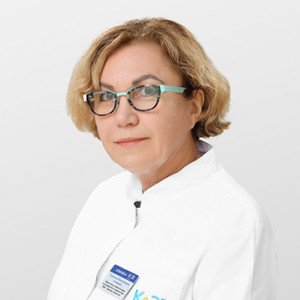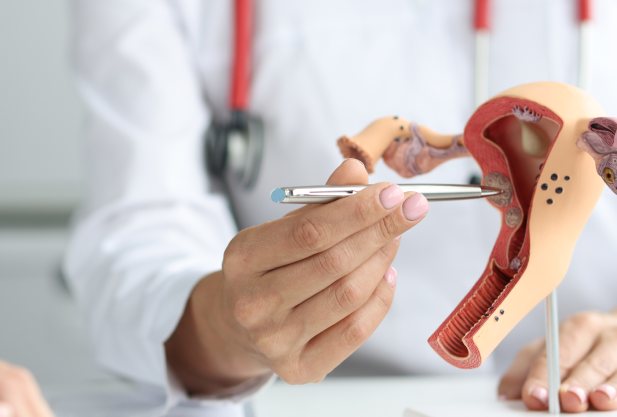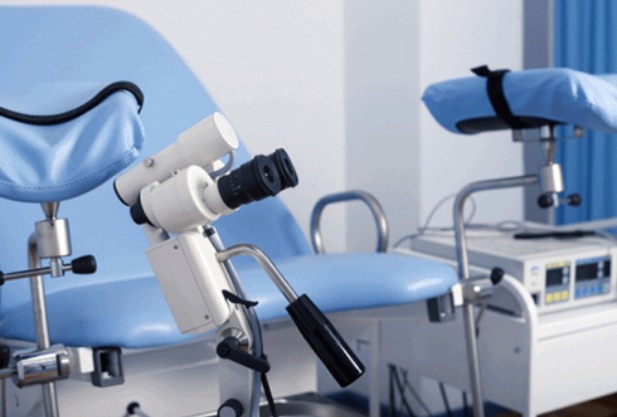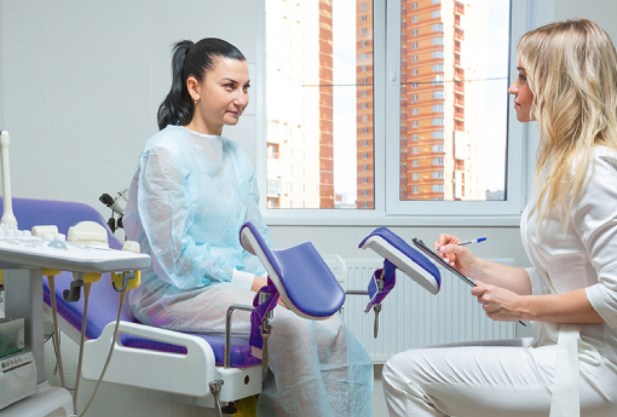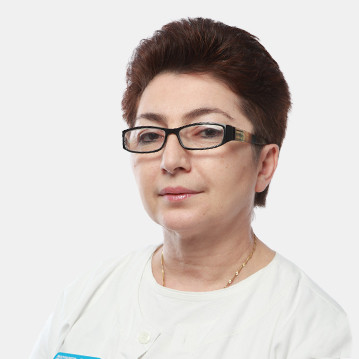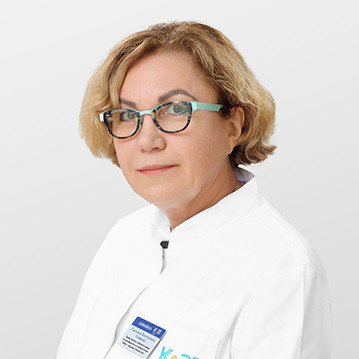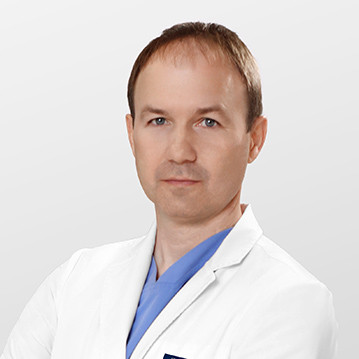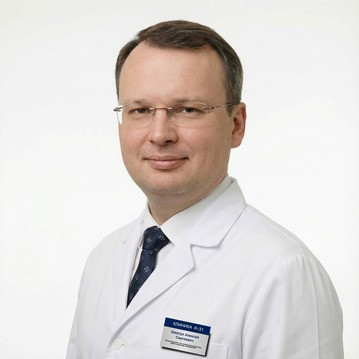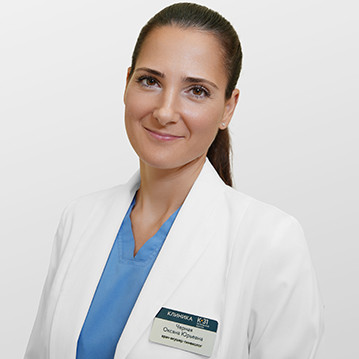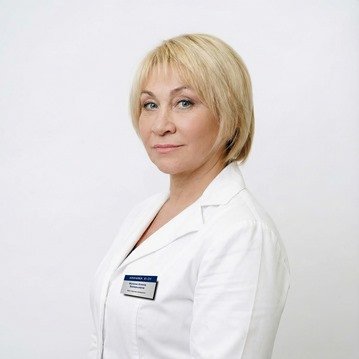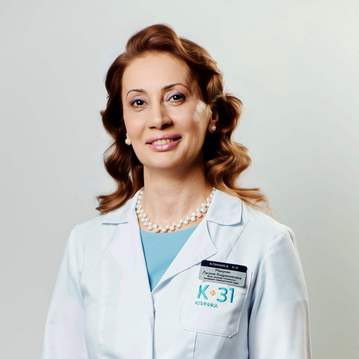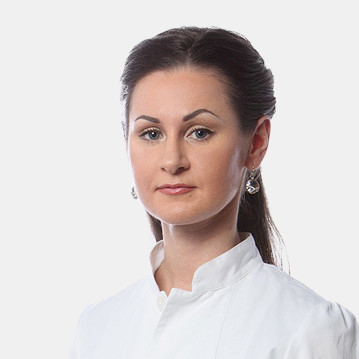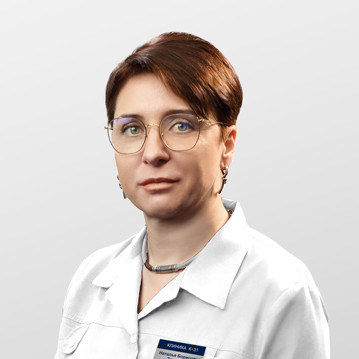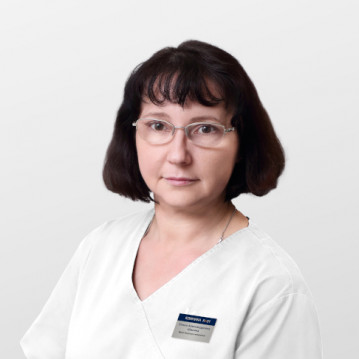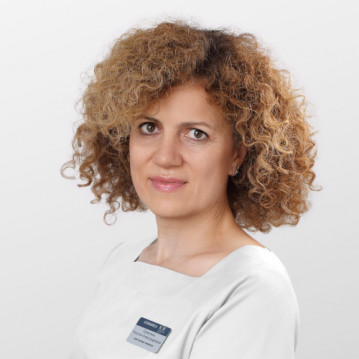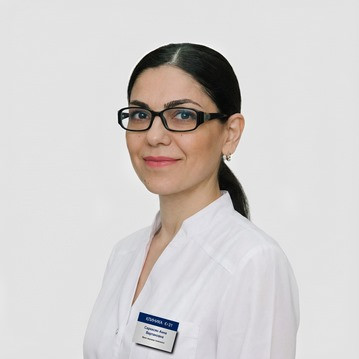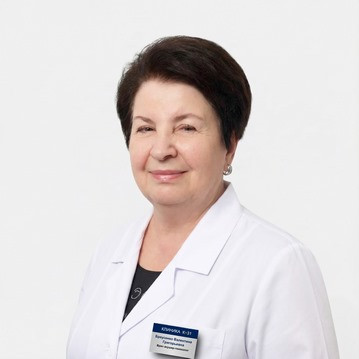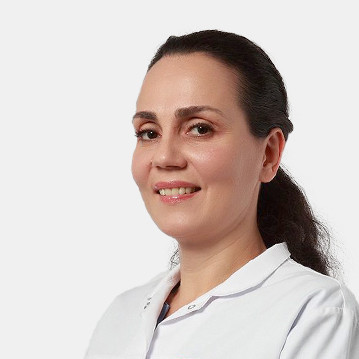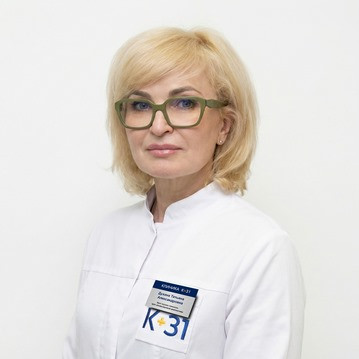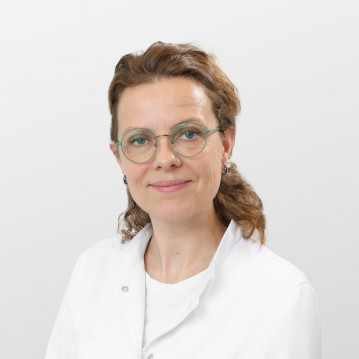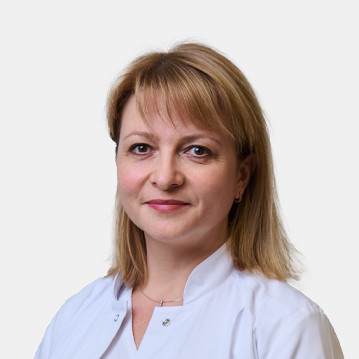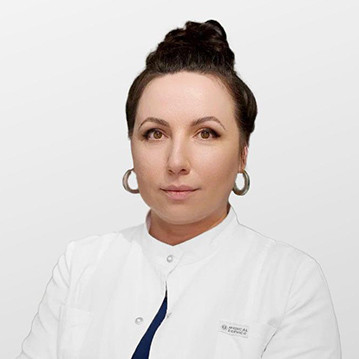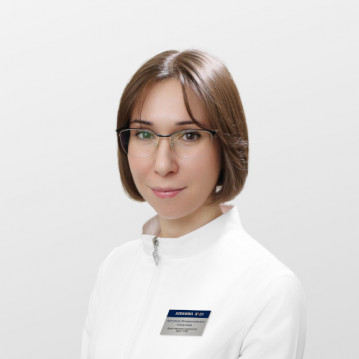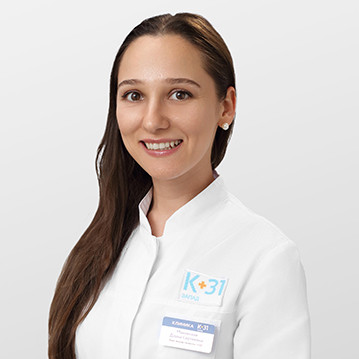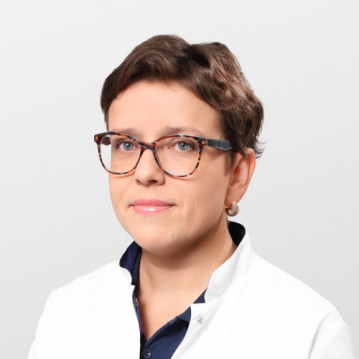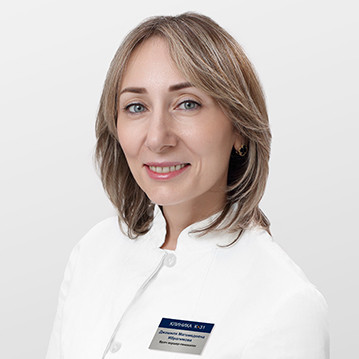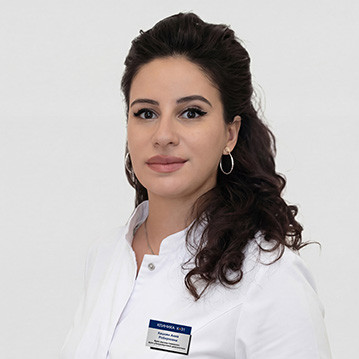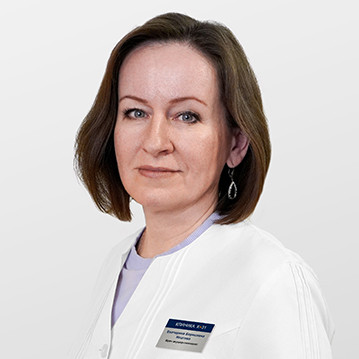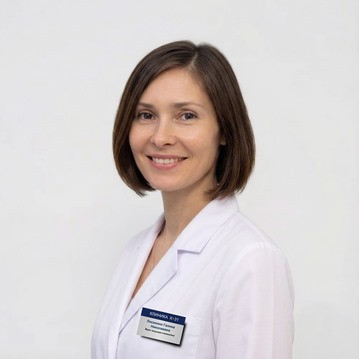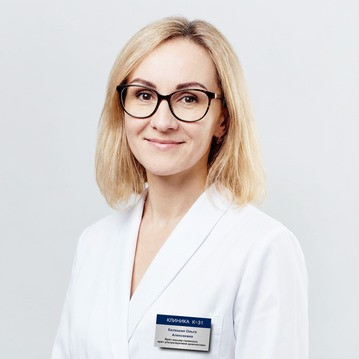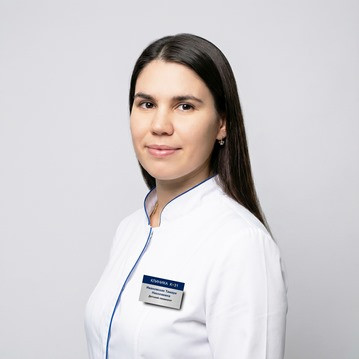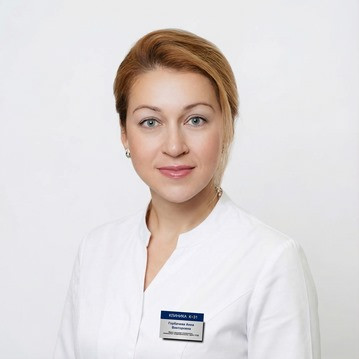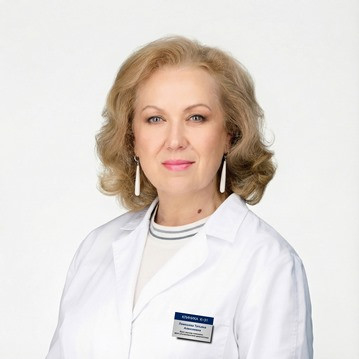Pelvic inflammatory disease (PID)
Inflammatory diseases of the pelvic organs are pathological processes that affect the uterus, fallopian tubes, ovaries in women, prostate gland, urethra, testicles, seminal vesicles in men. According to statistics, PID is often diagnosed in people aged 15–24 years. This trend is due to the early onset of sexual activity, frequent changes of sexual partners, abortions, and genitourinary tract infections. Diseases are less common after 30 years. The risk increases with the use of intrauterine contraceptives, the presence of chronic diseases, and previous STIs.

specialists

equipment

treatment
What is PID
PID is an infectious disease that occurs when bacteria from the vagina or cervix enter the upper parts of the reproductive system.
The main pathogens are:
- Chlamydia
- Gonococci
- Mycoplasma
- Escherichia coli
- Anaerobic bacteria
If inflammatory diseases of the pelvic organs are not treated, they become chronic and cause serious complications.
Women who have had PID have a high risk of miscarriage, premature birth, and sexually transmitted infections during pregnancy. Repeated episodes of inflammatory diseases are possible if the cure is incomplete and the doctor’s recommendations are not followed.
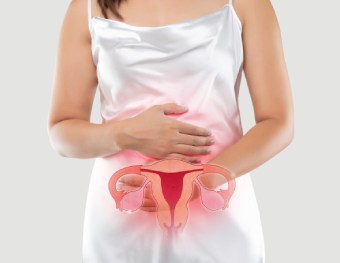
The most common complications include:
-
Infertility
Chronic PID leads to the formation of scars and adhesions in the fallopian tubes, disrupting their patency
- Constant pain in the lower abdomen May increase with menstruation, sexual intercourse, or exercise
- Ectopic pregnancy Changes in the structure and function of the fallopian tubes prevent normal implantation of the embryo in the uterine cavity
- Tuboovarian abscess Accompanied by the formation of a purulent formation, which involves the ovary and fallopian tube
- Adhesions in the pelvis They disrupt the anatomy and functions of organs, cause pain, and increase the risk of developing intestinal obstruction
- Prostatitis Characterized by chronic pain, painful and difficult urination, infertility due to deterioration in sperm quality
- Epididymitis Provokes the formation of scars and adhesions, leading to obstructive infertility
- Vesiculitis Leads to decreased sperm motility, chronic pelvic pain, infertility
- Orchitis Accompanied by pain and swelling of the testicle, fever
- Urethral strictures They cause narrowing of the urethra, inflammation, and scarring. Risk of acute urinary retention
- Sepsis It occurs against the background of the spread of sexually transmitted infections and is life-threatening. It is characterized by fever, tachycardia, decreased blood pressure, impaired consciousness
Types of inflammatory diseases of the pelvic organs
According to the nature of the course, PID is divided into 3 types:
- Acute - have severe symptoms
- Chronic - characterized by periodic exacerbations and a long course
- Subacute - asymptomatic, detected by chance
The table shows the main types of inflammatory diseases of the pelvic organs. We offer get acquainted with their causes, symptoms, complications:
|
Disease name |
Reasons |
Symptoms |
Complications |
|---|---|---|---|
|
Endometritis |
Complicated childbirth, abortion, IVF, intrauterine interventions, non-compliance with personal privacy rules hygiene, unprotected sex. |
Pain in the lower abdomen, purulent vaginal discharge with an unpleasant odor, fever. |
Menstrual irregularities, infertility. |
|
Myometritis |
Uterine flexion, cervicitis, intrauterine device use, functional disorders ovaries, bacterial infections, frequent inflammation of the kidneys and urinary tract. |
Crasps in the lower abdomen, irregular periods, heavy menstrual bleeding, lasting more than 7 days, spotting purulent or bloody discharge in the middle of the cycle. |
Difficulty conceiving, high risk of miscarriage, deterioration in general health. |
|
Salpingitis |
STI |
Pain in the lower abdomen, aggravated by movement, increased body temperature, nausea, weakness. |
Tube blockage and infertility, increased risk of ectopic pregnancy. |
|
Oophoritis |
Hormonal disorders, hypothermia, unsuccessful abortions gynecological interventions. |
Pain in the ovarian area, high fever, menstrual irregularities. |
Ovarian abscess, ovulation disorder, infertility. |
|
Adnexitis |
STIs, hypothermia, decreased immunity, abortions. |
Intense pain in the lower abdomen, vaginal discharge, fever, nausea, weakness. |
Formation of adhesions, chronic pain syndrome, infertility. |
|
Pelvioperitonitis |
Chronic genital infections, abortions, diagnostic curettage, insertion of intrauterine devices contraceptives. |
Sharp abdominal pain, increased body temperature, nausea, vomiting, bloating. |
Extensive peritonitis, sepsis. |
|
Urethritis |
STIs, injuries or bruises of the penis, urolithiasis, hypothermia. |
Itching and burning in the area of the urinary canal, inflammation, purulent impurities in the urine, frequent urge to urinate. |
Abscess, protrusion of the urethral wall. |
|
Funiculitis |
Epididymitis, orchitis. |
Pain along the spermatic cord, redness, swelling. |
Dropsy of the spermatic cord, obstruction of the lumen of the vas deferens, infertility. |
General information

This award is given to clinics with the highest ratings according to user ratings, a large number of requests from this site, and in the absence of critical violations.

This award is given to clinics with the highest ratings according to user ratings. It means that the place is known, loved, and definitely worth visiting.

The ProDoctors portal collected 500 thousand reviews, compiled a rating of doctors based on them and awarded the best. We are proud that our doctors are among those awarded.
Make an appointment at a convenient time on the nearest date
Price







